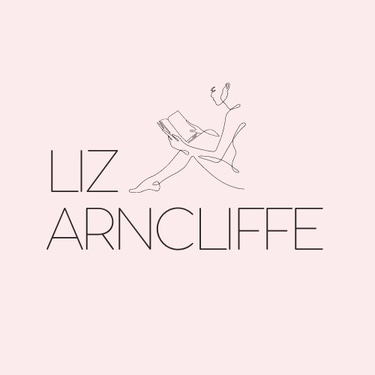Mythical Creatures of Appalachia
On trying to find a writing community in Appalachia
Liz Arncliffe
11/2/20223 min read
I don’t have much of an accent. At least not to the people around here. I’m sure folks in other parts of the country hear it. But here at home, it’s too mild for ears accustomed to the peaks and valleys of an Appalachian tongue. People assume I’m not from these parts. Always the outsider, even though I’ve never lived outside the American South and never farther from Appalachia than Atlanta or Nashville.
It’s an odd feeling, being of a place without truly belonging. Or at least not being seen to belong. It’s something I’ve been aware of since a very young age and my understanding of my relationship with my home has evolved over the last couple decades. It continues to evolve to this day, as it did on this night. I had one of those pivotal experiences where I was acutely aware of my invisibility in my home. But my reaction was starkly and comically different than it has been in the past.
Backstory: for a year or so, I have been navigating what my therapist has dubbed a midlife awakening. It’s quite lovely actually, rich and colorful and truly fucking empowering. I’ve begun writing. And, more importantly, I’ve chosen to nurture that part of myself that has always been a storyteller. To that end, I attended my first ever writer’s workshop this week.
Five minutes early, I walk into a rather bland, colorless classroom on a college campus in southern Appalachia. The nine women there had already introduced themselves and sat under strips of poster paper labeled with their names and genres.
This is how my introduction went:Instructor: “Name and genre, please.”
Me: “Liz, Romance.”
Entire room of women: “Ooooooooh! Yeah!”
Me: [oh no….]
Instructor: “Could you narrow it? Is it fiction?”
Me: [slightly confused]
Me: “It’s definitely fiction.”
Entire room: chuckles knowingly
Me: [oh no….]
Instructor: “What kind of romance?”
Me: “Uh, lesbian romance.”
Instructor: “Oh.”
Entire room: crickets
Me: also crickets
Instructor: hesitantly “How racy is it?”
Me: “Well, uh, it’s not erotica….if that’s something you’re worried about.”
Instructor: “Phew.” writes my name and LESBIAN ROMANCE on a sign
I pause to truly take stock of my surroundings. Two of the twelve attendees haven’t arrived yet. The median age appears to be roughly 45. All white women. ZERO men. The rest of the placards read genres like memoir, Appalachian legacy, self-help, dark Appalachia memoir, exercise, trauma memoir. I choose a seat near the youngest member of the group. She looks to be 19 or 20 and is carrying a rainbow purse. She’s writing a book about dragons. Good for her, I think to myself.
Another forty-something white woman enters. She’s an LCSW and wants to write a non-fiction book about midlife women who have overcome Appalachian trauma. The instructor deliberately seats her in a section she affectionately refers to as her Appalachian authors. Noted.
An African-American woman, the only one in the group, enters the room. Mid-30s. She wants to write a historical narrative about a girl’s experience growing up in “this area”. She is seated on my side of the room. With the lesbian romance writer and a teen writing about dragons. Noted.
Over the course of the next hour and a half, we explore story arc, character development, and plot devices. The group includes a snake handler who wants to tell her story in an effort to disabuse readers of misunderstandings regarding her religious practices. She bemoans having lost friends once they learned of her faith. The group includes a melungeon whose ringtone is a Cherokee tribal song. She wants to tell her stories of her family. The group includes a Christian business owner wanting to write a story to pull her employees to the light. All these experiences are validated and centered by the group. Wanna know whose experiences were not validated or centered? You got it.
What do lesbians, dragons, and Black people have in common? In southern Appalachia, we’re all mythical creatures. And none of us, apparently, have the privilege of claiming Appalachia as our own. But my voice? An Appalachian one. The Black woman brave enough to walk into that room? Appalachian. The girl writing about dragons? Swedish-Appalachian, as it turns out.
For the rest of that workshop, in a room full of women writing Appalachian trauma memoirs, I sit under a sign reading LESBIAN ROMANCE in all caps and noting all the ways in which I don’t belong. And all the ways I do. And I can’t help but laugh. This, I think, is real healing from Appalachian trauma.
